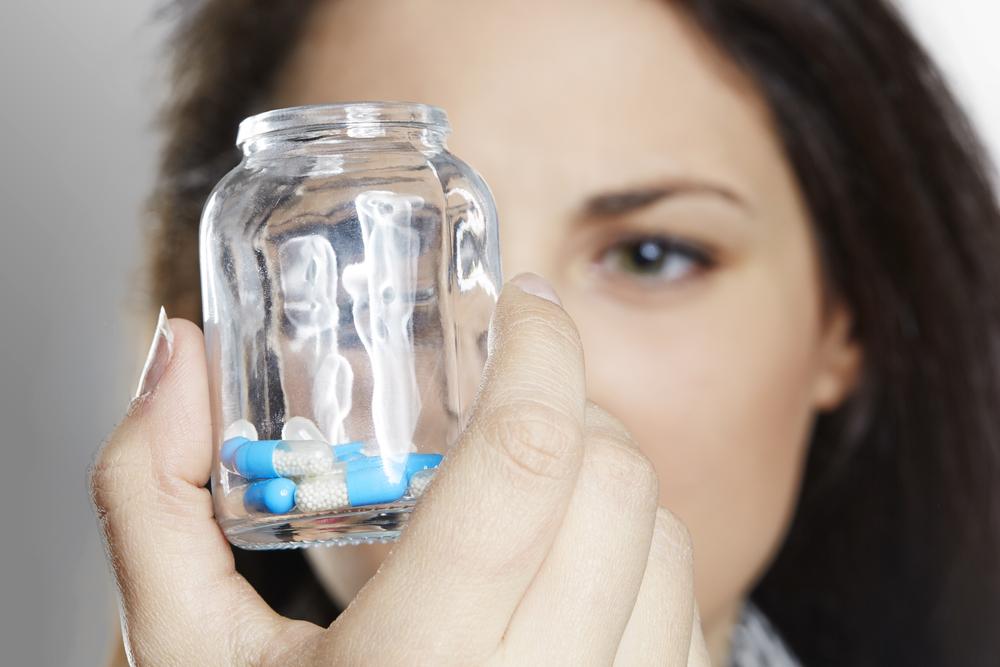Strategies for Recognizing and Treating Opioid Dependence
This article explores the rising issue of opioid dependence, focusing on how to identify addiction symptoms and outlining effective treatment options. It highlights the importance of early detection, support systems, counseling, and medication-assisted therapy, emphasizing a comprehensive approach to recovery. The goal is to provide essential information to help individuals and healthcare providers address this growing health concern safely and effectively.

Strategies for Recognizing and Treating Opioid Dependence
Rising reliance on opioids and painkillers has become a major health concern in North America. According to the American Society of Addiction Medicine, over 20,000 deaths in 2015 were linked to overdoses involving prescription drugs like Vicodin and OxyContin.
These medications, derived from the opium poppy, are also the foundation for illicit substances such as heroin. Even short-term use can lead to dependency, emphasizing the importance of early detection.
Healthcare providers use targeted questions to identify addiction, including:
Am I taking pain medications only when necessary?
Is my pain justified by medical need?
Are my dosage and use appropriate, or am I using for pleasure or to avoid discomfort?
Do I experience withdrawal symptoms like nausea or chills when I miss doses?
Approaches to Treating Opioid Dependence
When dependence is identified, a holistic treatment plan addressing both physical and mental health is essential. Effective methods include:
Support Networks
Joining support groups or rehabilitation programs can greatly aid recovery by offering guidance and accountability.
Healthcare professionals might recommend ongoing check-ups to track recovery progress and address concerns. Counseling services can explore the root causes of addiction, fostering emotional recovery and coping skills. Medications such as methadone or buprenorphine may be used in maintenance therapy post-rehabilitation to prevent relapse. Cognitive behavioral therapy (CBT) aids in recognizing triggers and developing strategies to resist cravings and stay sober.
Important Reminder:
The information provided here about symptoms, treatments, and health conditions is solely educational. It does not substitute for professional medical advice. Always consult licensed healthcare providers for proper diagnosis and treatment options.


